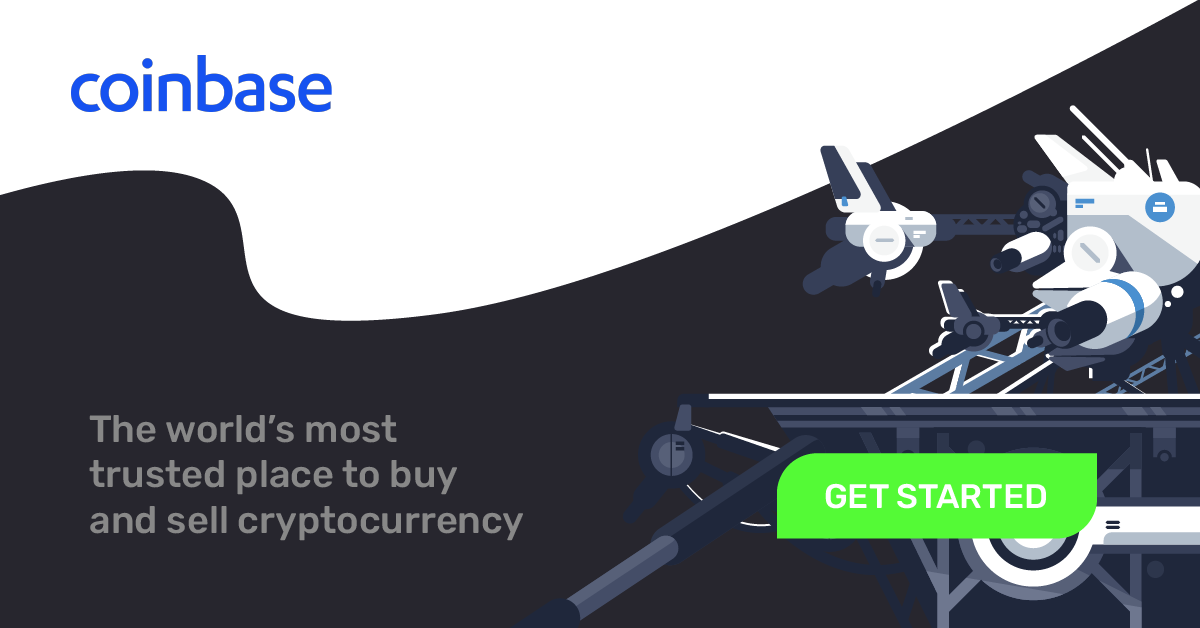


Why Should Google Create Their Own Blockchain and Cryptocurrency?
- By Kriss
- Published on: August 24, 2021
Even a tweet from Elon Musk can send prices into a spin – or into orbit. Blockchain and cryptocurrency events circulate and have dramatic influence on the price of digital currencies.
It’s hard to believe, but Bitcoin first surfaced in 2008, and thousands of additional cryptocurrencies have entered the market since then. Nobody knows the exact number of cryptocurrencies in existence.
The convenience of transactions, the current lack of restrictions, the lack of intermediaries, and the fast transaction time are all elements that have led to the digital currency’ surge in popularity.
Cryptocurrencies were never going to get off to a smooth start. They’re sophisticated – and, by necessity, security-conscious.
This has made it difficult for larger companies to enter the market, gain traction, justify their investment, and generate a profit.
Institutions and many private investors formerly viewed cryptocurrency as a speculative bubble that would burst and eventually fall on itself.
Major digital organizations have taken a long, hard look at crypto and the blockchain in the hopes of entering the industry as acceptability has grown.
According to the latest rumor in the digital currency sector, Google is seriously considering developing a “googly” style product for the market.
Google, on the other hand, is a one-stop-shop for everything.
If you have a question, a paper to create, a spreadsheet to complete, or a slew of other digital demands, Google will almost certainly be your first port of call – so why not crypto?
Because there is no official word on Google’s new effort, we must wonder why a centralized system like Google would wish to create a decentralized system. What would be the advantages for the Google behemoth?
The internet giants have always been suspicious of cryptocurrencies until recently. As a result, Amazon and Google have done everything they can to keep cryptocurrencies on hold while the rest of the world hunts for them.
First and foremost, there’s the financial consideration. For some businesses, creating cryptocurrency may not make financial sense. Apart from non-profit organizations, the only reason anyone would enter the crypto industry is to profit.
Because the blockchain, which underpins digital currencies, is a non-profit concept, something must be constructed on top of it to allow revenues to accrue. The purpose of a blockchain is to build a decentralized system that gives users control. This is diametrically opposed to the mindset of digital behemoths like Google.
Google has developed something akin to a sixth instinct about what will and won’t work over time. However, it isn’t always accurate – remember the spectacles with the built-in head-up display?
Cryptocurrencies are unquestionably dangerous, and their future is uncertain. One of the main reasons for this is that cryptocurrencies have no regulatory body, making them a bit of a wild west. Digital players, such as Google, on the other hand, seek assurance.
Because the whole purpose behind cryptocurrencies is to create decentralized transaction networks, Google may find itself on the losing end of a fight about processing costs or transaction percentages.
Fraud is a concern for Google as well. Even with all of their technological might, tracing and tracking any transactions is very hard, therefore the odds of recovering any money lost to fraudulent activity are slim. Another reason Google is dragging its feet could be because of this.
Because technology is continuously growing and highly dynamic, Google may be forced to add crypto rewards elements in its search, and it may well find itself needing to join the crypto club — rather than being forced to use someone else’s digital currency.
There are six primary reasons why Google should develop its own cryptocurrency:
1. You can utilize a reward system with cryptocurrency. This will increase the accessibility of your platform by allowing users to share it on other social media platforms and earning rewards for each referral. Google may offer incentives to startups seeking new clients, allowing them to use the service by paying for such incentives per click, for example. It might even be able to use these tokens, or rewards, with Google to improve or focus searches more precisely.
2. Google might utilize a utility token or model to launch new services or advertise existing businesses on its network. Utility tokens are often distributed to fund the currency’s development, but they can also be used to trade within the platform. Marketing firms will be able to determine the level of interest in a project by looking at how many active wallets are holding the currency and selling or utilizing utility tokens to join. This is one of the best ways to qualify leads and improve your service or product.
3. It’s possible that Google Play will be able to use “in-game” money. This could be in the shape of tools, cards, jewels, loot, points, or any other exchangeable digital commodity. These would be utilized as payment to and from participants on the blockchain and freely tradable between users and Google.
4. Starting a capital-intensive business is challenging, and most IT companies struggle to get into venture capital or angel investor offices to pitch their ideas. You must usually follow a set of guidelines, and if you’re not in their risk portfolio, or if they can’t see your vision because it won’t offer them the future profits they desire, you won’t be funded. Google is unconcerned about this since it has options, like community projects and charitable activities. Google has huge pockets- bootstrapping will only take you so far until your burn rate eats your runway. Whereas start-ups may be compelled to source this financial stumbling block, which is far too high and where many initiatives perish, Google has deep pockets. Again, Google gains because, rather than selling their stock to regular investors, they might employ strategies like an ICO or an IEO to raise public funds. They would, however, employ a blockchain to fund the business and reach out to their global investment pool. Geographical location, currency exchange rates, or geopolitical concerns do not limit them.
5. Any eCommerce business is familiar with the challenges of accepting payments by credit cards, bank deposits, debit cards, or even digital transfers such as PayPal. Each payment provider has its own API, requiring time-consuming monitoring and, in some circumstances, personal intervention, especially in the case of chargebacks and refunds. These payment issues can cost businesses millions of dollars and destroy the consumer experience for no fault of their own. Google will use a cryptocurrency to ensure that the payment and settlement layers are all managed on their blockchain, with all record-keeping handled automatically and payments sent quickly. Refunds are straightforward to issue and can help you save money while running an eCommerce business on the Google platform.
6. Google may be able to cut out the intermediaries in a variety of ways by utilizing a blockchain. Customers that operate web domains on a blockchain domain, for example, will no longer have to pay a yearly hosting fee or be concerned about their name being taken away because they now own it entirely. Instead of engaging someone to create programming to meet your central database and tech stack, you could store text or asset files on chains like IPFS, which Google would be the ideal host. You can also save money on development by using open-source technology for all blockchains and migrating it to yours at a lesser cost than hiring someone to write code to meet your central database and tech stack. Using a blockchain would provide you access to a wealth of free, open-source code that could help you make a better, more cost-effective product.
And, after all, isn’t this exactly what Google has promised since its inception? “To organize the world’s knowledge and make it widely accessible and useful,” according to Google’s mission statement. Google is likely the most successful corporation in the previous two decades at developing a strategic approach to organizing information for online consumers. It has grown easier and more structured with this company, making it not just accessible but also functional. The company’s mission statement emphasizes the company’s important role.
- Share via

Kiara Sofia Smith
My current focus is blockchain technology and cryptocurrency. One could even call me a blockchain “enthusiast.” I have worked for almost a decade on several financial projects related to the stock market news, fundamental research and technical analysis for several blogs.
Recent Posts


Bitcoin Consumes More Energy Than a Lot of Countries. Why Is That Possible?




